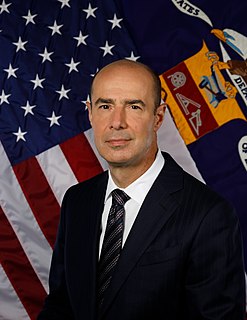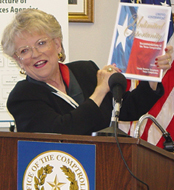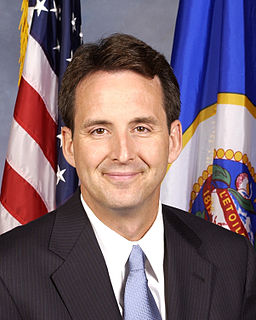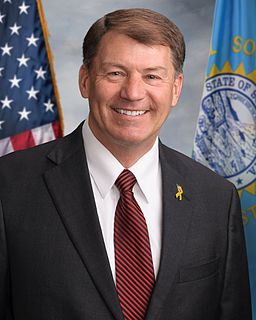A Quote by Eugene Scalia
It's widely recognized that employers and employees need more assistance addressing problems with rising health care costs. Attempts to address the problem are going to require a federal response, not a patchwork of state and local mandates.
Related Quotes
I talked to a lot of employers who just are, are fearful of what's coming next out of Washington. It's all the spending, it's all the debt. It's their national energy tax, they want to call it cap and trade - more mandates, higher costs, more taxes. Their healthcare bill - more mandates, higher costs, higher taxes.
Leaders may recognize that they are not addressing the real problems, but they rationalize their actions with the argument that they must first politically survive in order to later address the hard problems and sacrifices. Of course, they usually don't ever actually get around to addressing the fundamental problems later, either because they don't make it through the initial crisis or because, even later, they are not willing to risk sacrificing their own position or "career" with needed measures that usually require tough sacrifices by the population.
It's important in our role as leaders that we use the platform to address issues, to address barriers, to identify best practices for overcoming these challenges with businesses small and large. Maybe there are some public policy issues that we need to address. Maybe some of them are at the federal level and some are at the state or local level.
In Newark, we see a problem and want to seize it, but we run up against the wall of state government, the wall of federal government that does not have the flexibility or doesn't see problems, even. At the federal level, it's often a zero-sum game: If you win, I lose. At the local level, it's just not local that. It's win-win-win.


































